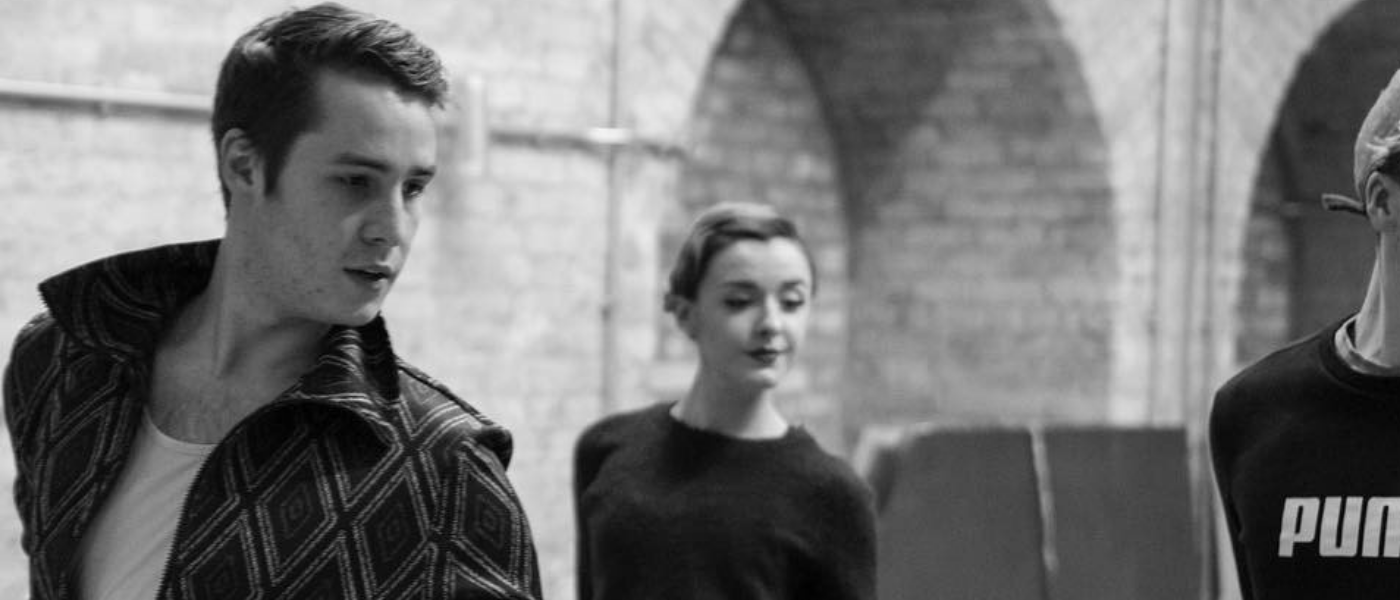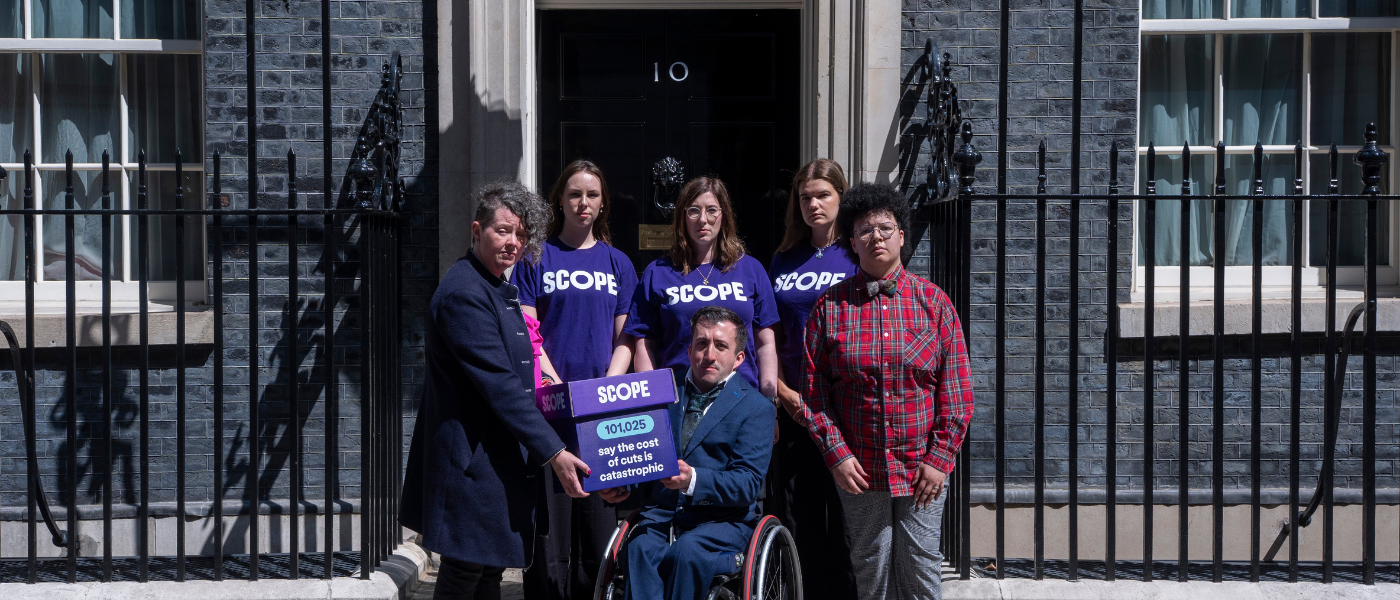- Home
- News and stories
- "I'm happier as a performer since discovering that I'm autistic."
"I'm happier as a performer since discovering that I'm autistic."
 30 January 2022
30 January 2022
Will's story.
I’m Will, and I am a performer and choreographer. I’m also autistic.
At times I identify as neurodivergent, others as autistic, and on some occasions as disabled. Most of the time I use identity-first language: ‘autistic person’. Using the broader term ‘neurodiverse’ means people with unconscious bias will be less likely to stereotype me and my abilities, because the description doesn’t give away any specifics.
My diagnosis journey
My experience of diagnosis has been tough. The waiting list is long, and changing council boroughs meant I had to start the process all over again.
I know now that many people who self-diagnose as autistic have this confirmed later by professionals, but professional diagnosis isn’t everything. You are far less likely to receive one if you’re from the global majority, for example. Assuming everyone has equal access to diagnosis is wrong, so for some people self-diagnosis is the only one they can hope to receive.
Knowing that so many have self-diagnosis before a medical one has given me strength while I wait for the next round of specialist diagnostic interviews. But I recognise that I’m lucky to even have this.
Some people reading this might be thinking I’m not disabled enough, or autistic enough, or don’t present that way because I’ve managed to build a career without a diagnosis. To them I say, what does disability look like? It’s a question with a lot of answers, but what’s correct for one person won’t be right for another.
Being autistic in the theatre industry
My diagnosis has massively informed and empowered my work in theatre.
Special interests are a common trait for some neurodiverse people, so I sometimes joke that I’m medically certified as passionate about the arts. It’s also the truth, my interest in theatre and thirst for knowledge is driven and strengthened by my neurodiversity. I’m also able to retain immense amounts of details without having to work too hard. I’m confident in telling employers that it comes easily and naturally to me and makes me an asset to the team.
I think everyone has to love theatre to work in it, because we sure don’t do it for the money. But this was different to “theatre is my life”. It’s not that I want to work in theatre, although admittedly I do. It’s that I need to.
One thing that my diagnosis has changed is how I can be kinder to myself. I recognise that, although I might not be gifted in the same way as other people or not as quick to process something, I can also recognise my own idiosyncrasies as someone who is neurodiverse, and how they form part of my individual talent.
Just like anyone else, I’m better at some things than other things.
How the theatre industry can be more accessible
I do think the theatre industry is a lot less socially liberal than it would like to admit. Some producers advise me not to tell people I’m autistic because they won’t want to work with me. Sadly, I don’t think they’re completely wrong.
I made the scary decision to only to work with those who openly embraced me. It shouldn’t be scary, but it is.
Sometimes I ask my agent to anonymously ask for audition adjustments for me because I feel unconscious bias will affect the decision of a casting panel. This could be sending material ahead of time, so I can process it in an environment that suits me, without any sensory overload. I wish this anonymity wasn’t necessary, but divulging my autism can be scary and met with such a lack of knowledge that it could affect my chances of being hired.
I can’t express how much happier I was in my first process as a performer since discovering that I’m autistic. I’m doing things like wearing high fidelity decibel reducing ear plugs, which reduce loud noises to avoid sensory overload and keep my processing at optimum. I’m frequently asked certain questions that help me with executive functioning, and regular breaks are encouraged to ensure I’m taking care of myself.
Even something as simple as direct communication within the direction have massively improved my experience and efficiency as a performer.
There’s much more the theatre industry can do to become accessible. The most practical and simple thing to do is educate yourself. And if you’re already clued up, read some more! Take a look at the language you use. Follow activists on Twitter or Instagram. Just five minutes reading the Equity guide or similar could make a world of difference.
Commercial producers have made their billions. It’s time to level the playing field for everyone by making theatre available to all.
 30 January 2022
30 January 2022








